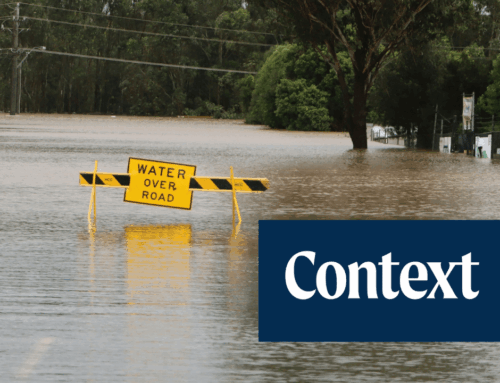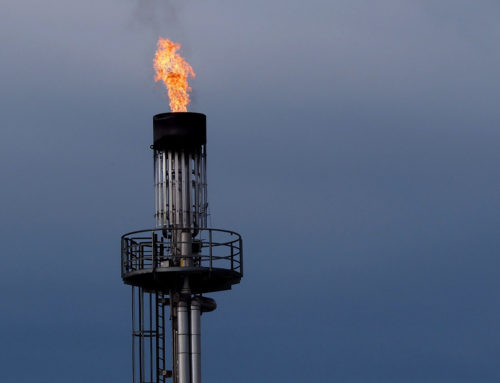President Joe Biden’s administration on Friday finalized a new rule to modernize the long-outdated federal oil and gas leasing program.
The Interior Department rule significantly increases how much energy companies must pay to lease and drill on federal lands, and it gives federal land managers greater authority to keep fossil fuel development away from sensitive wildlife habitats and cultural sites.
The reforms “will help safeguard the health of our public lands and nearby communities for generations to come,” Interior Secretary Deb Haaland said in a statement accompanying the announcement.
“These are the most significant reforms to the federal oil and gas leasing program in decades, and they will cut wasteful speculation, increase returns for the public, and protect taxpayers from being saddled with the costs of environmental cleanups,” she said.
The final rule, which appears unchanged from Interior’s proposal last year, raises the royalties that companies pay to the U.S. government for oil and gas extracted from public lands, from a stagnant 12.5% to 16.67%. It also ups the minimum bid for leasing federal parcels from $2 to $10 per acre.
Those two changes were required in the Inflation Reduction Act, Biden’s signature climate law that Democrats passed in 2022. The federal royalty rate for fossil fuel extraction has remained unchanged for more than a century.
Autumn Hanna, the vice president of Taxpayers for Common Sense, called the move “a crucial step towards ensuring a fair return and protecting American taxpayers.”
“For too long, this outdated system has failed to secure fair returns for American taxpayers, costing us billions of dollars in lost revenue and imposing substantial reclamation liabilities,” she said in a statement.
The agency rule also seeks to hold companies accountable for cleanup costs in the event of bankruptcy by increasing minimum lease bonds to $150,000 — a 15-fold increase over the current $10,000 minimum, which has been in place since 1960. The Biden administration said Friday that the $10,000 minimum “no longer provided an adequate incentive for companies to meet their reclamation obligations, nor does it cover the potential costs to reclaim a well should this obligation not be met, leaving taxpayers at risk for the cost of cleanup.”
Kathleen Sgamma, the president of the Western Energy Alliance, an oil and gas trade and lobbying organization, warned that the change to bond payments threatens to “drive small producers off public lands.”
“This is another rule by the Biden Administration meant to deliver on the president’s promise of no federal oil and natural gas,” she said in a statement. “Western Energy Alliance has no other choice but to litigate this rule.”
Environmental groups largely applauded Friday’s action — one of several rules and regulations that have been finalized ahead of a deadline that would allow a future Republican administration to quickly undo them via the Congressional Review Act.
“For too long, Big Oil has scooped up tens of thousands of acres of public lands for drilling and left taxpayers to foot the bill to clean up their messes,” said Athan Manuel, the director of the Sierra Club’s Lands Protection Program. “This new rule addresses long-overdue problems and finally reins in the excesses of oil and gas corporations. These common-sense reforms set the stage for greater climate action on public lands, ensuring they’re part of the climate solution and not exacerbating the crisis.”
Republicans, including former President Donald Trump, have repeatedly accused the Biden administration of being at “war” with fossil fuels, despite the fact that U.S. production of crude oil and exports of natural gas have soared during the president’s tenure.
Sen. John Barrasso (R-Wyo.), the ranking member of the Senate Committee on Energy and Natural Resources who has raked in more than $1.6 million in oil and gas industry campaign contributions over his career, accused Biden of “doing all he can to make it economically impossible to produce energy on federal lands.”
“Less oil and natural gas from federal lands means fewer jobs for Americans and, almost certainly, more money to the Middle East, Venezuela, Russia, and Iran,” he said in a statement.










